Sleep Problems Associated With Back Pain (and How to Fix Them)
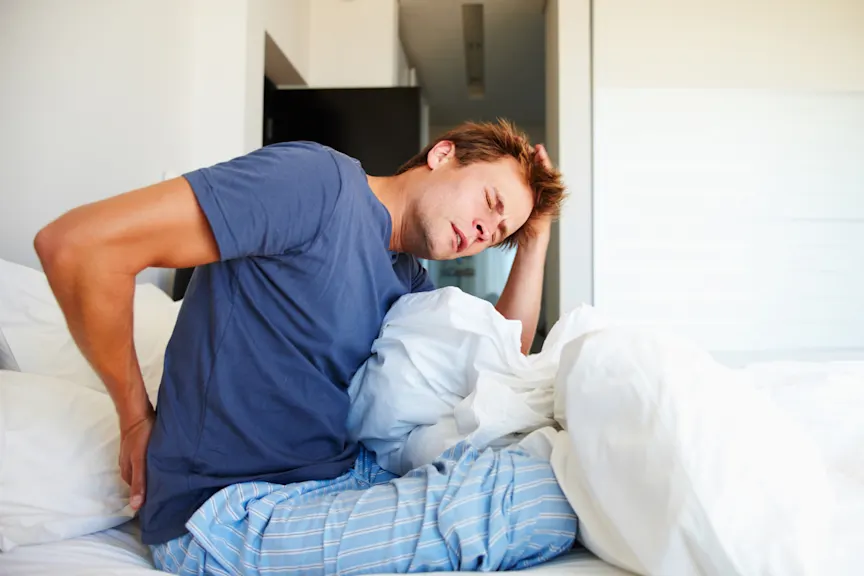
Back pain can be tiresome!
If you sufferfrom back pain, you probably struggle to get a good night's sleep. Here are some of the sleep issues related to back pain and a few tips on how to improve your sleep, as identified by a 2015 study published inInternational Musculoskeletal Medicine.
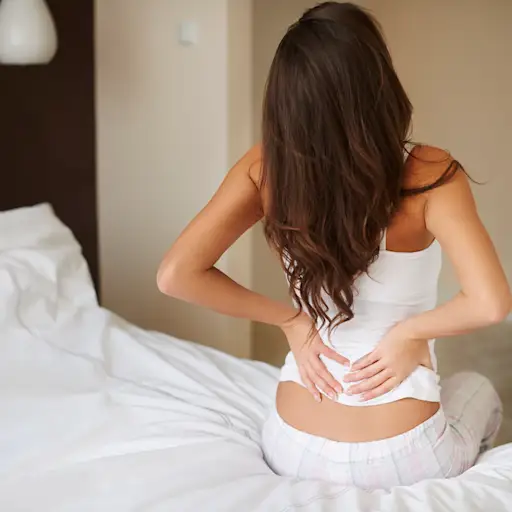
Consequences of back pain
The review found that back pain has a profound effect on causing insomnia and depressed mood. The worse the pain, the more difficult it is to fall asleep and the more frequent the night time awakenings.
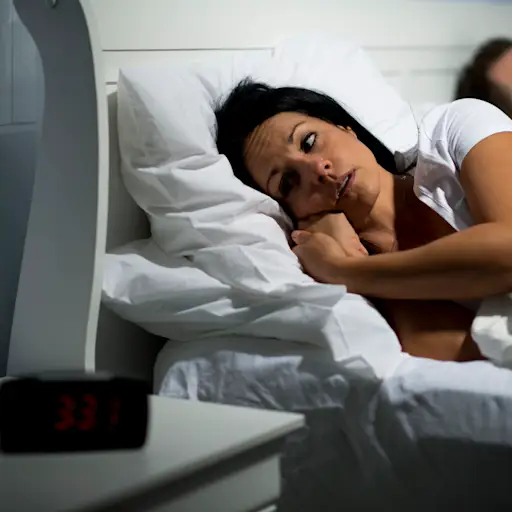
Difficulty falling asleep
Difficulty falling asleep was linked to back pain severity. It was also found to be more common in women and those with direct lumbar trauma.
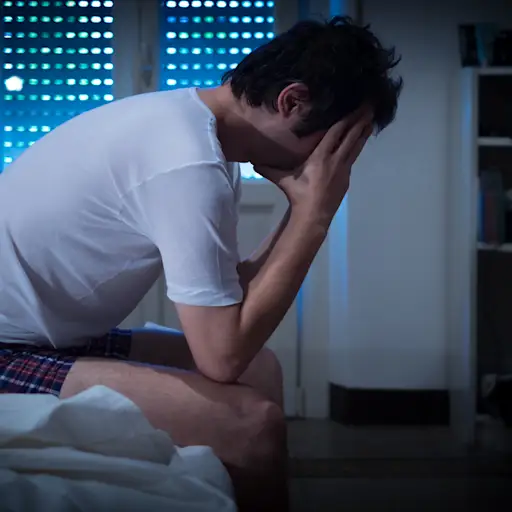
Waking due to pain
Waking up because of pain was found to be more likely in those with a posterior column problem. The awakenings were found to be caused by pain when turning during the night, or aching when lying still.
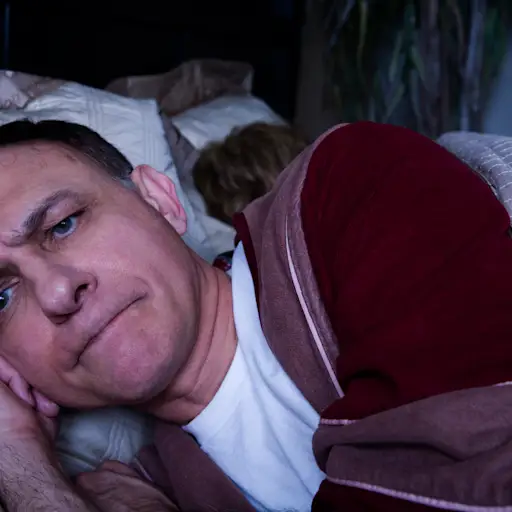
Waking due to night time movement
Men were found to be more likely to wake due to pain caused by turning in the night. It was also found to be more common in those withfacet joint syndrome.
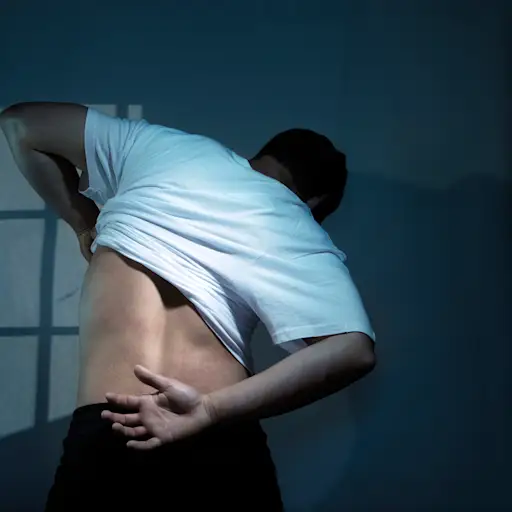
Waking due to night time aches
Women were found to be more likely to wake due to pain or aches not associated with night time movement. This form of sleep interruption was more common in those with a herniated disc.
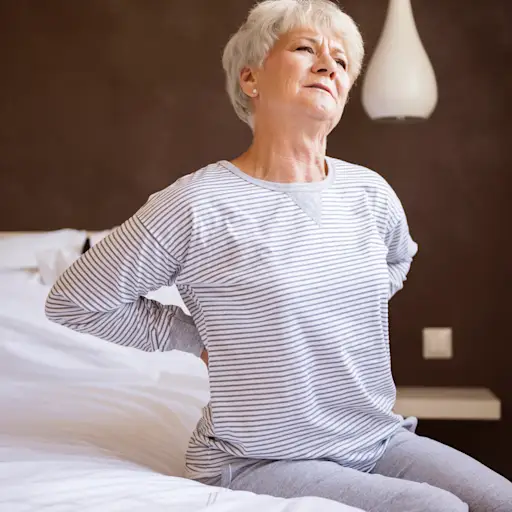
Early morning stiffness
Those with posterior ramus syndrome (also known as thoracolumbar junction syndrome, Maigne syndrome, and dorsal ramus syndrome) were found to be more likely to experience early morning stiffness for an hour or more.
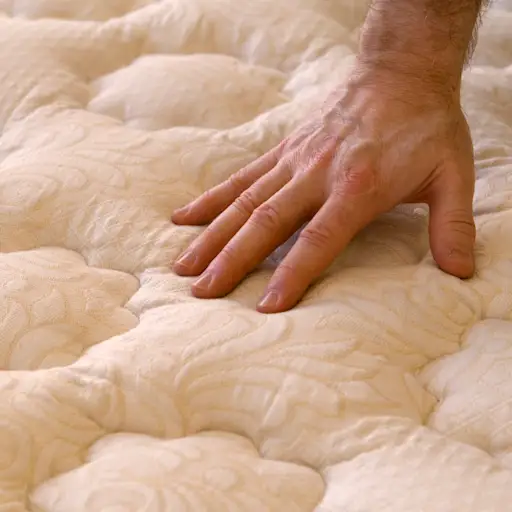
How firm a bed do you need?
The review found that physiotherapists recommend those with back pain relieved by flexion should sleep on a softer bed. Those with pain relieved by extension should sleep on a firmer bed.
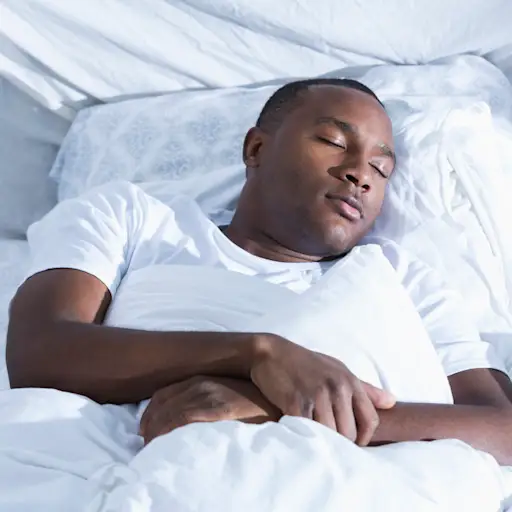
检查你的睡姿
Althoughsleeping on your sidewith your knees bent may feel comfortable, it isn't a balanced position for the back. If you sleep on your side, keep your lowermost leg almost straight and bend your top leg. Lying flat on your back can minimize pressure on the spinal discs.

The benefits of heat wrap therapy
Using a low level heat wrap overnight was found to provide relief from pain, reduce muscle stiffness, improve flexibility, and improve sleep quality.
Martin is the creator of Insomnia Coach, an eight-week course that combines online sleep education with individual sleep coaching. His course helps clients improve their sleep so they can enjoy a better life with more energy and start each day feeling happy, healthy, rested, and refreshed. Martin also runs a free sleep training course that has helped over 5,000 insomniacs. He holds a master’s degree in health and wellness education and studied clinical sleep health at the University of Delaware.

